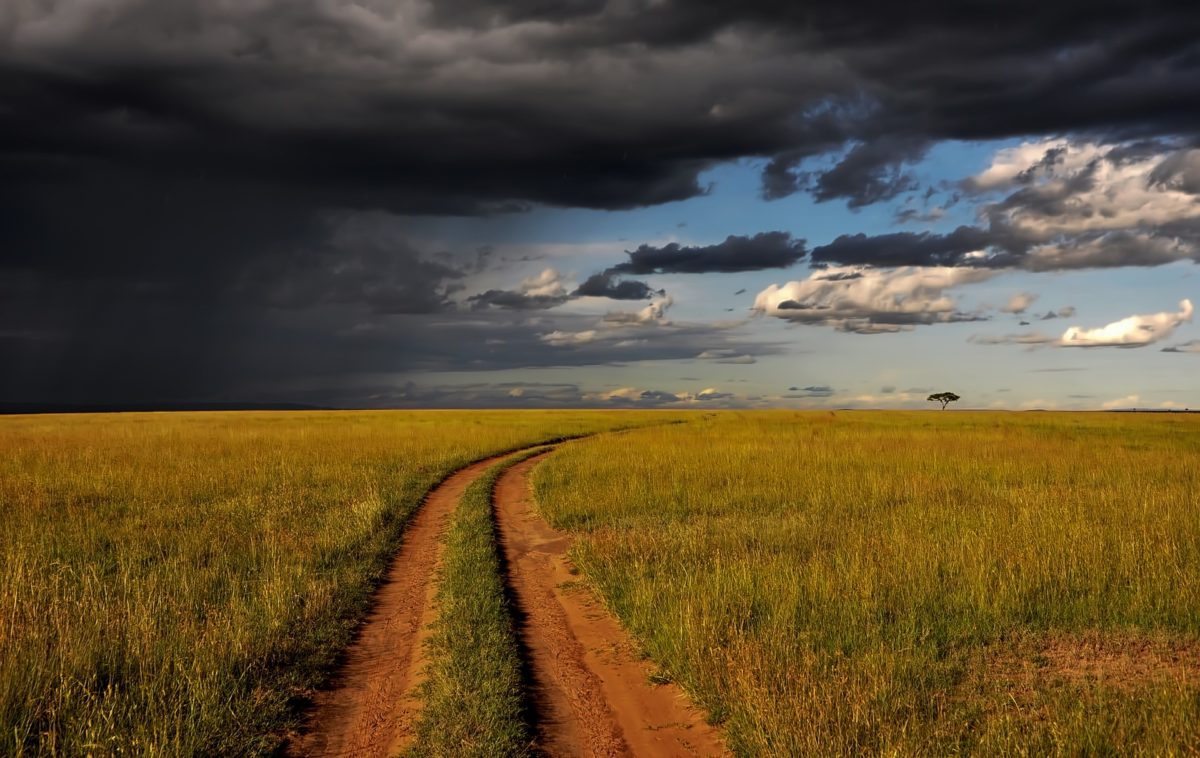{Note: Links may be not be active – please refer to our grantmaking pages for additional details.}
Today, we posted our Request for Proposals that will generate most of our grantmaking in 2019. We are happy to stay the course of our current strategy of a focus on freshwater and pollinators biodiversity as our key entry point to supporting biodiversity information systems in Africa. This post is to highlight some features of our RFP and how we work that are designed to support and respect our grant applicants. We appreciate that the pursuit of grant funding pulls a lot of effort and attention from your work. A foundation like ours only achieves its aims through the creative efforts of our grantees, so we’re very grateful to grant applicants who present us with such outstanding proposals every year. Below are ways we aim to assist your grant application process:
1. We’ll give you fast feedback to ensure your proposals are in scope. We’re proud to include a checkbox in our application forms by which you can seek our immediate feedback on anything from a few sentences of a summary to a partial proposal. Within two working days of checking that box, you’ll get advice and feedback from JRS.
2. We’ll consider your inquiries in any format. You can download an inquiry form in Microsoft Word, you can fill out our online inquiry form, or simply email ideas or documents in your own formats to jrsrfp@jrsbiodiversity.org. Within two working days of sending your ideas to JRS, we’ll let you know if you are aiming within our scope and what questions we hope you’ll answer in the application.
3. We’ll answer your questions and share that knowledge with all applicants. Any question that you send to us or through our Frequently Asked Questions (FAQs) form will be answered within two working days. We’ll try to give you a personal answer and post a generalized form of that Q&A to our FAQs page. That way, all applicants can benefit from your query and our added information. We’ve already posted about 50 questions and answers that have come up in previous years, and we’ve updated all of those answers for 2019.
4. We offer online and offline tools for your application. You can find our grant application and its instructions in three ways. We have an online application portal where you can save your draft application and seek our feedback. The application questions and instructions are on our RFP webpages. And we provide a downloadable form in Microsoft Word so that you can draft and share your proposal with partners offline before submitting to JRS. Our budget and work-plan forms are downloadable as editable files and you can modify them to support the specifics of your proposal.
5. We provide tips to help you provide us with the information we seek. On our proposal forms, we include “tips” in addition to the questions to guide you to the information we value the most. We believe that grant applications are a test but should not be a mystery! If you don’t know what we’re asking or what we consider to be a complete answer, just ask us. Applications are most frequently declined for being out of scope, be being far too ambitious, or missing clear connections among activities, their outputs, and resulting outcomes. Speaking of jargon, we share our Glossary of Terms to help us speak the same language.
6. Grant applicant semi-finalists will get a chance to revise proposals, and we may offer planning grants. Our primary aim is capacity development. We believe a commitment to capacity development means often making grants to teams that don’t have all the capacity needed for their ultimate success at the time of the grant award. Before the final stages of approval, we offer the top tier of applicants a chance to fill gaps and revise their proposals. Where there may be too much uncertainty to award a grant confidently, we may offer funds for a 4-month or an 8-month planning grant to address risks, build partnerships, and access needed technical expertise (See FAQs ‘ Planning Grants’).
7. We’re happy to be a co-funder to existing projects by supporting the information technology components. We know that biodiversity data and information systems are tools to support your work and the work of others. If your organization has received funds for biodiversity-related work or is part of a conservation partnership that could benefit from information technologies (databases, data portals, data visualization tools, mobile apps, etc.), we welcome the opportunity to join your current donors. A small investment in information technologies that other donors might overlook can amplify your impact and accelerate your work.
We hope these seven paths will create opportunities for you and respect the effort you put into fundraising. We welcome your feedback and ideas at jrsrfp@jrsbiodiversity.org on how to improve the ease and transparency of our grantmaking!

